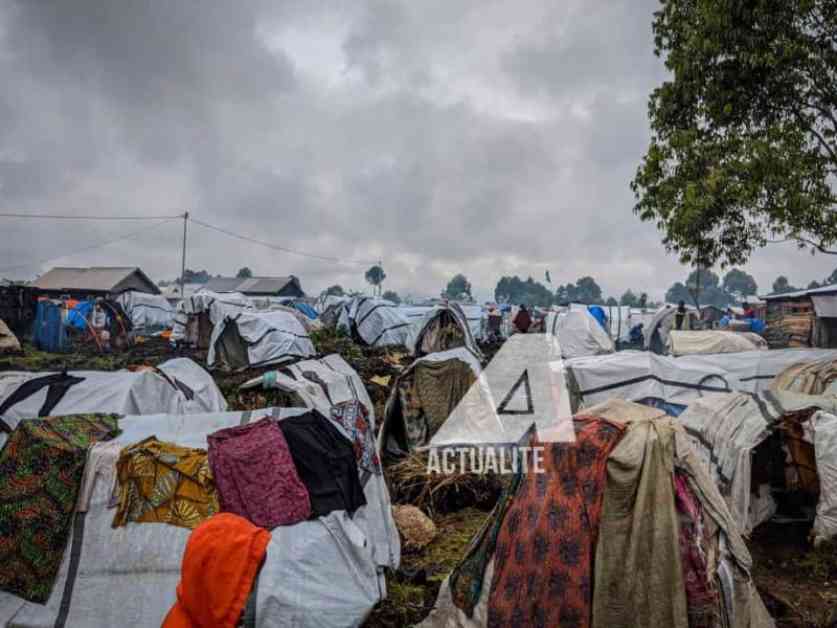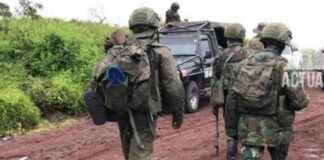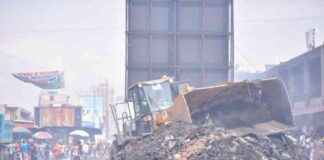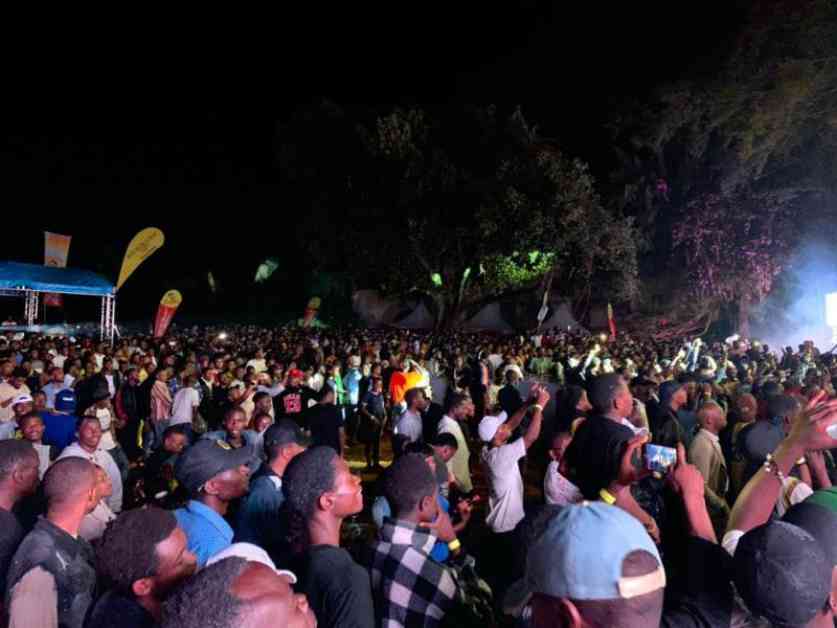The Commission nationale des droits de l’homme (CNDH-RDC) has issued an urgent call to the Congolese population and civil society organizations to report any cases of human rights violations in conflict zones. In a press release dated January 31st, the CNDH expressed deep concern over the deteriorating security and humanitarian situation in the eastern part of the country, particularly in North and South Kivu. The commission specifically highlighted the Rwandan aggression, which has led to a massive influx of internally displaced persons and serious human rights violations.
CNDH-RDC spokesperson Me Dido Kimbumbu stated, “The CNDH notes, with great regret, the massive violations of human rights and international humanitarian law committed by the Rwandan army, supported by their proxies from the M23 and AFC. Our condolences go out to the families of the peacekeepers and SADC forces killed during operations to protect civilians. We also extend our sympathies to the families of civilian victims, as well as to the Wazalendo patriots and FARDC. The bombings of densely populated areas in Minova, Saké, and Goma have resulted in significant loss of life, particularly among women, children, and vulnerable individuals.”
The CNDH has urged the population and civil society organizations to report any violations and abuses of human rights in conflict zones to their offices. Furthermore, the commission has strongly condemned the bombing of the Charité Maternelle Hospital in Goma, where several newborns lost their lives. Such acts are deemed as war crimes and crimes against humanity.
Additionally, the CNDH is calling on the international community to take decisive action against those responsible for human rights violations in North and South Kivu. They are also demanding the establishment of a humanitarian corridor to assist those affected by the conflict.
In line with their previous communication dated May 4, 2024, the CNDH has announced that they will continue to document human rights violations and will publish a report to ensure the adherence to human rights principles and international humanitarian law.
The ongoing conflict in North and South Kivu has resulted in the displacement of over 400,000 individuals, predominantly women and children, leading to overcrowding in displacement camps in Goma. The impact of this conflict is deeply felt by the innocent civilians caught in the crossfire, highlighting the urgent need for humanitarian intervention.
Expert Insights on Human Rights Violations
Expert human rights organizations, such as Amnesty International and Human Rights Watch, have also expressed grave concerns over the escalating violence and human rights abuses in the eastern region of the Democratic Republic of Congo. According to Sarah Jackson, Deputy Regional Director for East Africa at Amnesty International, “The reports of indiscriminate attacks on civilians, including women and children, are deeply troubling. The international community must take immediate action to protect the vulnerable population and hold the perpetrators accountable.”
Local Impact and Resilience
Amidst the chaos and devastation caused by the conflict, local communities in North and South Kivu have shown remarkable resilience and solidarity. Organizations like the Red Cross and Médecins Sans Frontières have been providing essential medical assistance and humanitarian aid to those affected by the violence. The stories of courage and perseverance exhibited by the Congolese people in the face of adversity serve as a poignant reminder of the human spirit’s capacity to endure even in the darkest of times.
As the international community grapples with the complex challenges of conflict resolution and peacebuilding in the Democratic Republic of Congo, the voices of the victims and survivors must be amplified to ensure that justice is served and lasting peace is achieved. The work of organizations like the CNDH-RDC is essential in documenting human rights violations, advocating for accountability, and upholding the dignity and rights of all individuals, regardless of their circumstances. The road to reconciliation and healing in the war-torn region will undoubtedly be long and arduous, but with continued commitment and solidarity, a brighter future remains within reach.

















